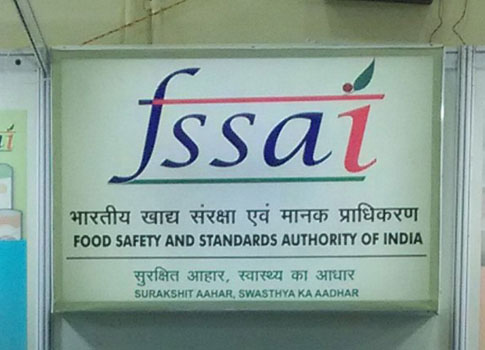FSSAI to implement IT platform for safety compliances to bring consistency, transparency in inspections
On December 06, 2017, the Food Safety Standards Authority of India (FSSAI) issued a circular stating that it has been pulling out all the stops to ensure that the food safety standards in India are being met, adding that its latest venture is an IT platform for safety compliances to bring consistency and transparency in inspections.
In this regard, FSSAI’s CEO Pawan Kumar Agarwal said, “(FSSAI) will soon make it mandatory for all food businesses to employ a food safety supervisor. The move would be a game changer and reduce compliance burden.”
Agarwal then said, “We have started using technology in registration and licensing of the food business operators (FBOs). All our systems are IT-based.”
He further added that FSSAI has developed standardized testing methods and protocols for food products and launched IT-enabled Indian Food Laboratory Network (INFoLNet).
INFoLNET will have a network of labs connected to a centralized system called Lab Management System (LMS). Based on the information collected, all national labs can be further categorized based on: Regulatory Purpose, Availability of Testing Facility, Ownership of Laboratory, Basis of Accreditation/Approval, Geographical Location, Government Support, Mobile Labs, and more. The LMS will act as a backbone of the network, which will also be integrated to other FSSAI core IT system, such as FLRS (Licensing & Registration), FICS (Import Clearance), Quick Access, FOSTAC, Surveillance system, etc. The centralized information can be used for Risk Analysis, Enriching Standards, Training & Capacity Building. The major benefits of the system are as follows: Uniform Parameter Testing based on Product, Better Surveillance, Enriching Standards, MIS Reporting, Sample Tracing, and Centralized Data.
According to Agarwal, all FSSAI-notified food labs are submitting food testing reports online on this network. “To reach scale, we need technology,” he said.
Currently, FSSAI is testing a large-scale IT platform for Food Safety Compliance through Regular Inspections and Sampling (FoSCoRIS) in Madhya Pradesh and Goa, which is being put in place for adoption across all states. According to Agarwal, “This will bring consistency and transparency in food safety inspection and sampling.” However, maintaining food safety in the unorganized sector is a challenge.
“We organized training program for street vendors but we need to continuously engage with them,” he concluded.
The web-based “FoSCoRIS” system will help to verify compliance of food safety and hygiene standards by food businesses as per the government norms. It will bring together all key stakeholders – food businesses, food safety officers, designated officers, and state food safety commissioners on a nation-wide IT platform. The platform will help to seamlessly share data related to inspection, sampling and test result by all officials. The system will help to ease process of sample collection, make it transparent and traceable, and control the quality of compliances.



